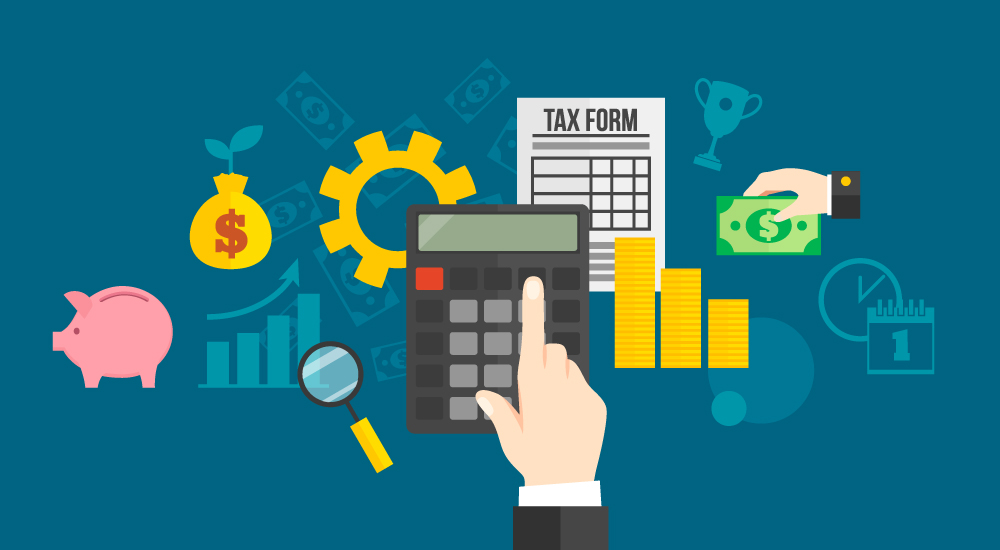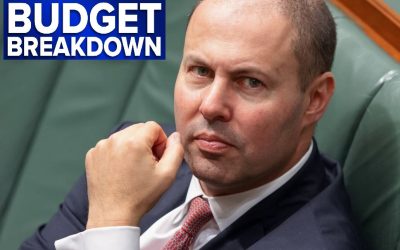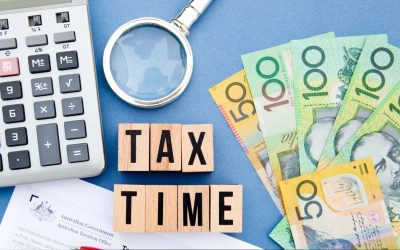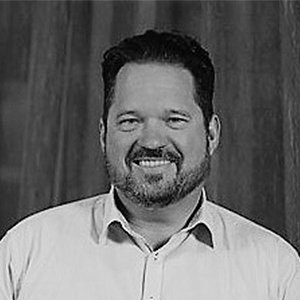New Year Financial Resolutions – PART II

HAPPY NEW YEAR
If you haven’t read part one of our new year blog, click this link to view our tips on making 2021 your most financially healthy year yet.
PAY OFF DEBTS AND LOANS
Firstly, prioritise paying off debt which has the higher interest rates. Usually that’s your credit card.
Paying off your credit card is an important step to becoming financially healthy. This new year why not budget a little extra to get rid of it. By not paying it, you are doing a disservice to your credit score both in the short and long term.
It’s incredible that it takes an average of nine years for people to pay off their student debts. Making a plan to pay off your student debt allows you to get a clear picture of who you owe, how much you owe, and how you will afford to pay off those loans. If you are having trouble fitting your student loan payment into your budget, speak to one of our financial advisors who can help you make a plan to get those debts paid off quicker.
If you have mortgage payments, making an extra payment or two can be a great way to start the new year. This will allow you to reduce the time and amount it will take to pay off your home and reduce the amount of interest to your bank.
IDENTIFY LOW SPEND MONTHS
This is a fun challenge that you can do with your friends or family to keep each other accountable. Set aside some time in the new year to identify which months you know you can skimp and make them “no-buy” months. For example, your birthday month or months leading up to Christmas cannot be no-buy months. Food and utilities are obviously exempt. On these “no-buy” months basically try to not spend money on clothes, eating out and other extras. Commit to making a weekly grocery list, making coffee at home, bringing lunch to work, and having date nights at home.
DO PREVENTATIVE NEW YEAR MAINTENANCE
This is a great one to do in the new year. This can include changing air filters, patching leaks, and having your air-conditioning systems inspected. These changes will allow you to save money throughout the year. Some smaller tasks can also be great opportunities for you to work on a DIY project.
EDUCATE YOURSELF THIS NEW YEAR
In the new year, increase your knowledge on finance by regularly listening to a finance podcast. There are a range to choose from such as investing-centric podcasts or ones which focus on frugality. Some offer personal practical advice while others address the broader forces which influence our financial lives. These podcasts will provide you with strategies to continually improve your financial health.
If podcasts aren’t your thing, there are plenty of financial advice and educational websites and online magazines you can subscribe to. If you’ve decided to do some share investing [see Part 1], usually your software will have hints, tips and market articles. The more informed and educated you are, the easier it is to make informed decisions.
IMPROVE YOUR CREDIT SCORE
The credit system was put into place to give future lenders information about potential borrowers. This allows them to make an informed decision about the risks of lending money to you. If you haven’t built your credit, it may be extremely difficult to finance a car or buy a house in the future. Most lenders will not give out loans to people with a poor credit score.
Taking out a loan with a co-signer or becoming an authorised user on your parent’s credit card can help you get started.
If you do have a credit score, your first step is to get a copy of your credit file to see where you stand and ensure everything on this file is fair and accurate.
OTHER WAYS TO IMPROVE YOUR CREDIT SCORE
- Not applying for too many credit cards. Each credit card application lowers your score as too many can be an indication of financial desperation.
- Paying your bills on time. Set up a reminder system so you are never late or set up a direct debit to cover your minimum payment.
- Using a variety of credit types. If you can successfully manage several debts such as a car loan, a credit card, and a mortgage – your credit score will rise.
- Not throwing away a rarely used card. Even once you’ve finished paying your debts, keeping it open with no negative reports will improve your overall score.
We hope you enjoyed this two-part article on financial health and how you can really rock it in the new year. If you would like help or assistance with any of the points raised in this blog, or others, all you have to do is fill in your details in the contact us page, and we’ll be in touch to give you a hand. Happy New Year! We hope your 2021 is fruitful and fun.
– 6 January 2021 –
General Advice Warning
In preparing this article, Praescius Financial Consultants NSW Pty Ltd, Praescius Financial Consultants NT Pty Ltd, Praescius Financial Consultants HB Pty Ltd and Praescius Financial Brisbane Pty Ltd have not considered your personal circumstances, goals or objectives; as such the information, commentary and assertions made within this article may not be suitable to you. Please seek personal financial advice prior to acting on this information, or making a decision regarding the choice of a financial product or strategy. Further information and disclosures can be found in our Financial Services Guide or by contacting us on the phone numbers provided.
Praescius Financial Consultants NSW Pty Ltd, Praescius Financial Consultants NT Pty Ltd, Praescius Financial Consultants HB Pty Ltd and Praescius Financial Brisbane Pty Ltd are authorised representatives of Praescius Financial Holdings Pty Ltd ABN 14 610 960 980 AFSL 486455, 2a/57-59 Oxford Street, Bulimba Qld 4171.
More from insight in action
2021-22 Federal Budget
On Tuesday, 11 May 2021, Treasurer Josh Frydenberg handed down the 2021-22 Federal Budget, his 3rd Budget.
Increase your tax refund
Here are a number of ways and actions you can take to increase your tax refund. Contact our accountants after reading more here:
Teaching kids about finance
With current interest rates near zero, it makes sense to consider refinancing your home to lower costs. Read more here to find out how:




























 Ben Ades
Ben Ades
 Karina Yates
Karina Yates














